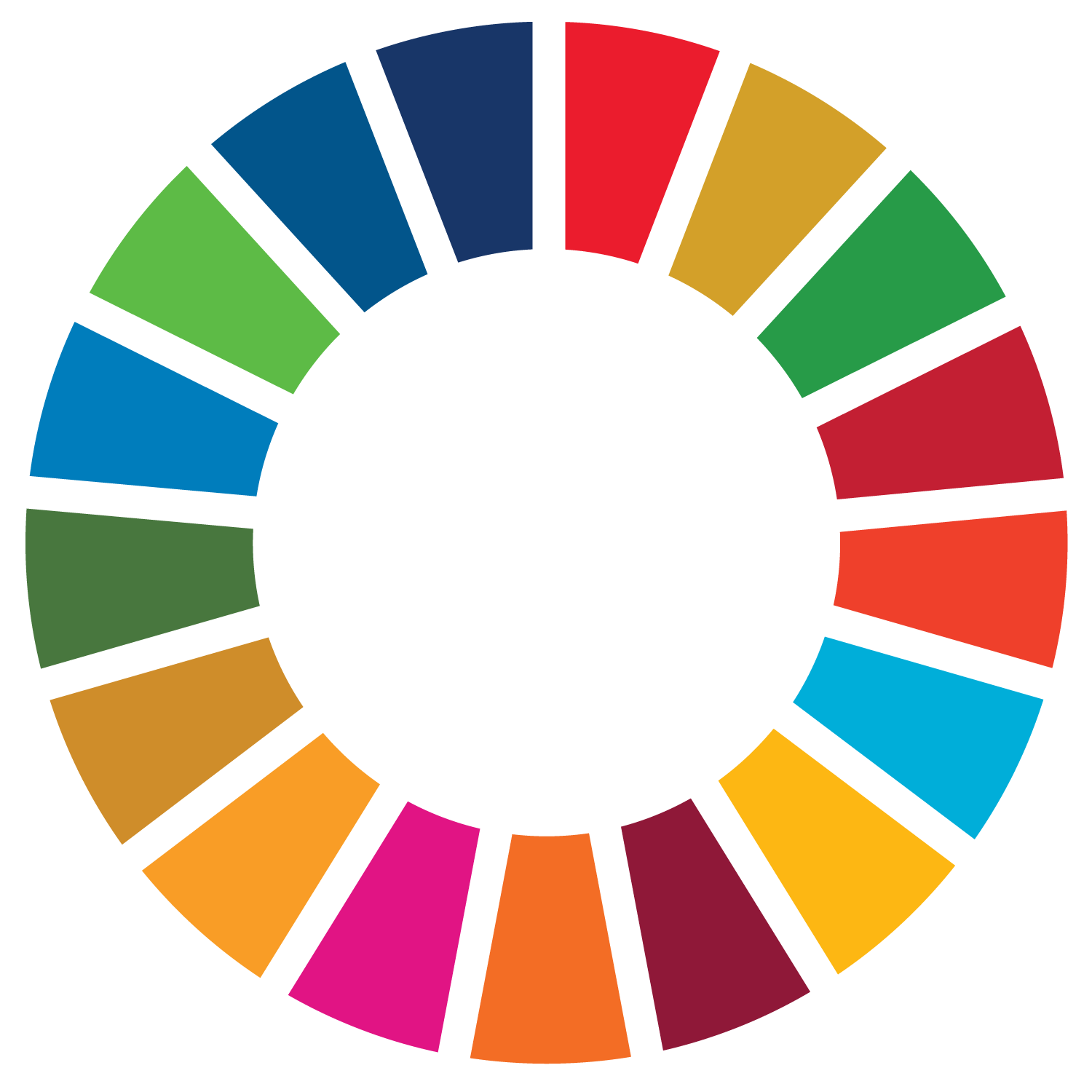Photo : Likouala River in Epena, Congo / un.org
Globally, over 3 billion people are at risk of disease because the water quality of their rivers, lakes and groundwater is unknown, due to a lack of data. Meanwhile, a fifth of the world’s river basins are experiencing dramatic fluctuations in water availability, and 2.3 billion people are living in countries categorized as “water-stressed,” including 721 million in areas where the water situation is “critical,” according to recent research carried out by the United Nations Environment Programme (UNEP) and partners.
“Our planet is facing a triple crisis of climate change, biodiversity loss and pollution and waste. These crises are taking a heavy toll on oceans, rivers, seas and lakes,” said UNEP Executive Director Inger Andersen.
“Collecting regular, comprehensive and up-to-date data is vital to managing our water resources more sustainably and ensuring access to safe water for all.”
Historically, there has been little data on the global state of freshwater ecosystems. To fill the gap, UNEP used Earth Observation technologies to track, over long time periods, the extent to which freshwater ecosystems are changing. Researchers surveyed more than 75,000 bodies of water in 89 countries and found that more than 40 per cent were severely polluted.
–> Read more about latest efforts to improve water data availability here.
–> Download the Summary Progress Update 2021: SDG 6 – here
Share this post
UNEP-DHI Centre on Water and Environment
Agern Allé 5, 2970 Denmark
Tel: +45 45169200
